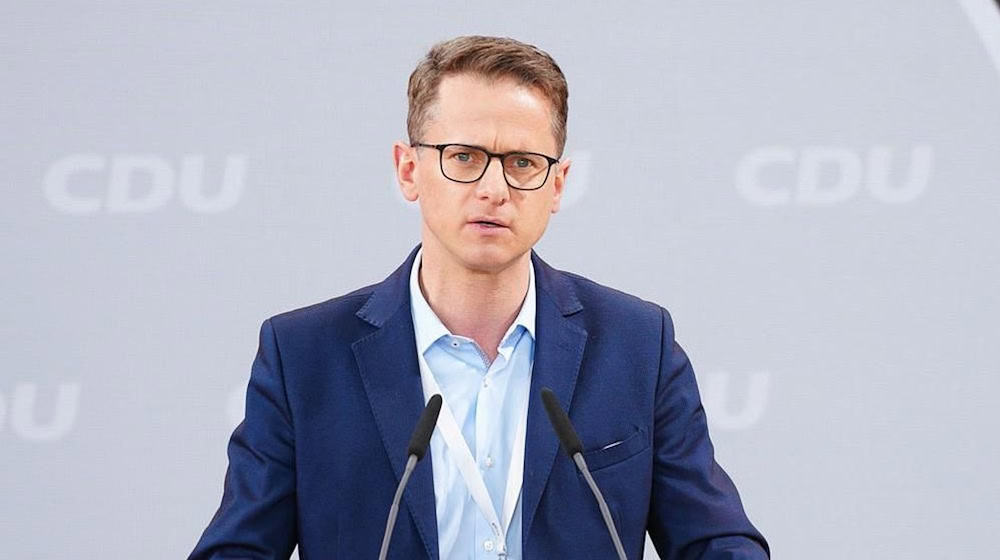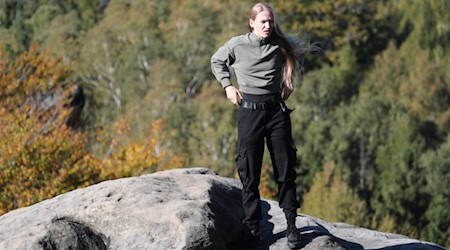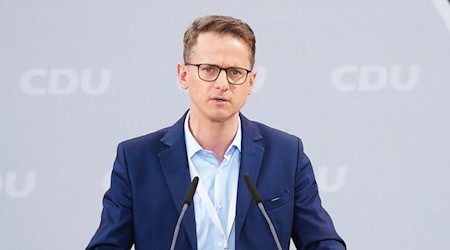One day after Chancellor Olaf Scholz (SPD) lost the vote of confidence, the CDU/CSU today presented its election program for the early Bundestag elections in 2025. The core of the presentation is a clear change of course in central policy areas, which has been summarized in a 10-point plan. Under the motto "Germany - moving forward again", the CDU/CSU is focusing on economic recovery, a turnaround in migration and greater internal security.
The CDU/CSU's 10-point plan
- For hard work that pays off again: The CDU/CSU wants to ease the burden on employees, reduce taxes and make overtime pay tax-free. The "citizen's income" is to be abolished and replaced by a new basic income. The principle: if you can work, you must work.
- For new growth and secure jobs: In response to the current recession, the CDU/CSU is planning to reduce corporation tax to 25 percent. Bureaucracy is to be reduced and the automotive industry strengthened. The CDU wants to reverse the planned ban on combustion engines.
- For zero tolerance and a strong police force: More security through electronic ankle bracelets for violent offenders, video surveillance at hotspots and IP address storage. The CDU/CSU wants to abolish the legalization of cannabis.
- For a turnaround in migration policy: The CDU/CSU declares that it has exceeded its limits and is committed to the consistent rejection of illegal migration. "Express naturalization" and general dual citizenship are to be reversed.
- For affordable energy and more efficiency: technology openness instead of "traffic light ideology". The CDU/CSU is sticking with the nuclear energy option, wants to reduce electricity tax and grid fees and abolish Habeck's Heating Act. Tax relief is to be provided for the costs of energy-efficient renovations.
- For strong families: Families are to be financially supported through a higher child allowance and increased child benefit. Marriage splitting is to be maintained, childcare and flexible working hours are to be expanded.
- For our agriculture: The CDU/CSU wants to reintroduce the agricultural diesel rebate and provide greater support for farmers as "guarantors of food security".
- For a digital ministry for Germany: A separate ministry for digitalization is to drive technological progress and secure prosperity.
- For secure pensions: The CDU rules out pension cuts. The "active pension" enables pensioners to earn up to 2,000 euros a month tax-free. An "early start pension" is intended to promote early retirement provision.
- For peace, freedom and security: The Bundeswehr is to be modernized so that it is fully capable of defending itself. The NATO target of at least two percent of GDP is to be met.
Focus and positioning
The election manifesto marks a clear break with the previous traffic light policy and focuses on key issues such as economic recovery, security and migration. General Secretary Carsten Linnemann spoke of a "clear change of course" and emphasized: "People in Germany expect answers to the pressing issues of our time. This program offers solutions that will bring Germany forward again."
Consequences of the political situation
The early Bundestag election comes as a result of Olaf Scholz's failed vote of confidence and the ongoing dissatisfaction with the traffic light policy. The CDU/CSU hopes to present itself as a reliable alternative and win back voters from the political center as well as disappointed "traffic light" voters with its 10-point plan.
The coming weeks will show whether the CDU/CSU can convince voters with this election program. One thing is clear: with its call for economic relief, a more restrictive migration policy and a strengthening of internal security, the CDU/CSU is relying on familiar core positions.




